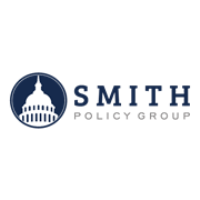-
10 New California Employment Laws Employers Should Know for the New Year
December 06, 2023Fenwick & West LLP
Governor Newsom recently signed a slew of new bills into law at the close of California’s 2023 legislative session. Of those, there are several employment-related laws that California employers should take note of. We previously reported on some of these changes, including the expansion of California’s prohibition against non-compete agreements, limits on stays of proceedings pending the appeal of a denial of a motion to compel arbitration, and the obligation for venture capital companies to collect diversity data from founders. We summarize below other important employment-related laws that California employers should be aware of in the upcoming year.
California Expands Sick Leave Requirements
Effective January 1, 2024, California employers will need to increase their employee paid sick leave amounts. SB 616 amends the Healthy Workplace, Healthy Family Act of 2014 (California’s paid sick leave law) to expand the minimum amount of sick leave time eligible employees must accrue each year from 24 hours/three days to 40 hours/five days. Additionally, while existing law permits employers to cap annual sick leave usage to 24 hours/three days, the bill expands this annual usage cap to 40 hours/five days. The bill also increases the total amount of paid sick leave that employers must allow employees to accrue over time and carry over from year to year, from 48 hours/six days to 80 hours/10 days.
Employers may continue providing paid sick leave at the existing accrual rate of one hour for every 30 hours worked, provided an employee has accrued 40 hours/five days by the end of their 200th calendar day of employment. The amended law does not modify an employer’s ability to frontload the entire paid sick leave amount, a popular choice to ease administrative burdens.
Under SB 616, there continues to be an exception for employees covered by a valid collective bargaining agreement (CBA) that provides for paid sick leave or a paid time off policy that permits the use of sick days for the same reasons as covered employees who are not subject to a CBA.
View Full Article Here-
Mark Smith - Smith Policy Group
- December 06, 2023
- (916) 335-5072
- Send Email
-
-
Newsletter Sign-Up
Stay up-to-date on timely news, events, happenings, and more.
-

-
Building Our Community

